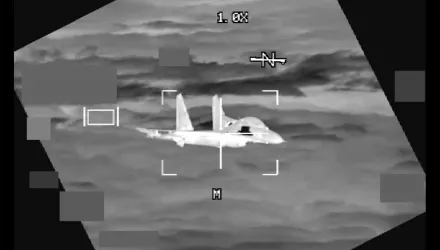
"The paradox of war is, the adversary will always move against your perceived weakness. So a safe, secure and effective nuclear deterrent is there to ensure a war that can never be won, is never fought." Former Secretary of Defense James Mattis went on to say, "I am absolutely convinced that having this safe, secure, and effective deterrent is critical—the most critical piece of our nation's defense." “At the end of the day, deterrence comes down to the men and women in uniform.” The question this paper addresses is: how do we motivate Airmen to give their best to perform this unsung duty, day after day, for years at a time?
A recent study found clarity of purpose to be the basis of verifiable mission success, purposeful leadership, and esprit de corps, which suggests that clearly communicating the higher purpose of their work to Airmen would help them find meaning in their tasks. A sense that their work is meaningful, the result of internalizing a higher purpose, underpins the safety and security cultures critical to a successful nuclear enterprise.
This paper will build on their findings by focusing on five leadership principles, which, if collectively and effectively implemented, would provide the bedrock for safe, secure, and effective nuclear operations. The following principles have broad application to organizational leadership studies as a whole, but are specifically relevant to the military:
1. Develop and consistently communicate purpose, vision, and mission statements.
2. Establish and observe priorities, goals, objectives, and tasks.
3. Balance positional and personal power in order to achieve active followership.
4. Acknowledge the role followers and contexts play in nuclear operations.
5. Divest control in order to foster genuine empowerment.
This paper will examine each of these principles by introducing the leadership concept, identifying the particular importance it plays in providing a credible nuclear deterrent, and offering an effective method for implementation.
Smith, William C. “A Sense of Purpose: The Bedrock of the U.S. Nuclear Deterrent.” Belfer Center for Science and International Affairs, Harvard Kennedy School, June 2020





